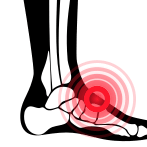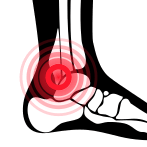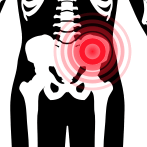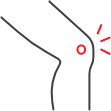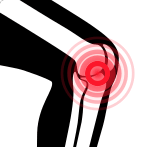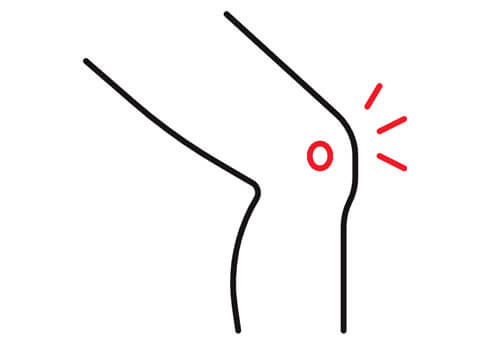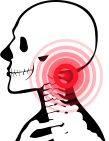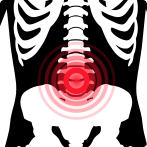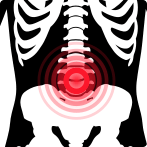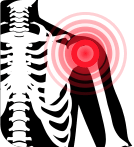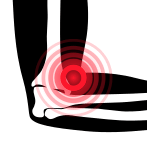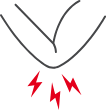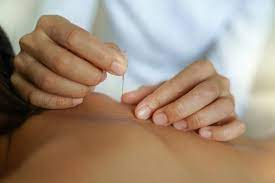Pathologic disc disease (a.k.a. degenerative spondylosis or degenerative disc disease) has been diagnosed in almost 400 million individuals. About 5.5% of the population are diagnosed every year worldwide. The lowest numbers are 3.7% of the population in Africa with Europe having the highest incidence.
Technically, it is a condition, not a disease.
A doctor will conduct a physical exam and review medical history in order to diagnose DDD (degenerative disc disease). Additionally, to get a better picture of bony structures and the discs, doctors may order imaging tests such as a CT, MRI, x-rays, etc.
Next Level Physio offers Physical Therapy for Degenerative Disc Disease in NJ, you can count on us!
What Is Degenerative Disc Disease?
The deterioration of one or more spinal intervertebral discs is referred to as degenerative disc disease. For people over 40 years of age, DDD (degenerative disc disease) is present in approximately 40%. For individuals 80 years of age or more, that number increases to 80%.
Much as with gray hair and wrinkles, it seems that one normal part of aging is disc degeneration. How serious is it?
Numbness and weakness in the legs and arms can be a result of nearby nerves or the spinal cord becoming irritated due to DDD. Disc herniation is most common in the cervical spine (neck) and lumbar spine (back).
The good news is that a normal life can be led, even with DDD. You simply need to contact the appropriate services for treatment – such as the professionals at Next Level Physio.
Signs and Symptoms of Degenerative Disc Disease
If you’re wondering whether or not you suffer from degenerative disc disease, you may feel a constant or sharp pain in your neck and back. Depending on changes that have taken place and where the weak disk is located, the exact symptoms can vary. Following are some typical signs and symptoms of DDD:
- When you lie down or change positions, the pain gets better.
- If you twist, lift, or bend, the pain gets worse.
- When you move and/or walk, the pain gets better but when you sit, it gets worse.
- The pain can last for a few months, or a few days. It can be severe or nagging and comes and goes.
- The pain is located in the back of your upper thighs, buttocks, or lower back.
- In some cases, tingling in the back of the thighs, legs and arms, as well as numbness, are experienced
The nerves near your spine may be affected by damaged discs if your leg muscles become weak.
Treatments for Degenerative Disc Disease
Typically, there are a handful of treatments used by a number of professionals when it comes to degenerative disc disease. Here are some of the treatments being used in the world today. (these are not necessarily the treatments used by Next Level Physio):
- Ice/Heat Therapy
- Back Braces
- Electrical Stimulation
- Steroid Injections
- Manual manipulation
- Anti-inflammatory medications
- Physical therapy
To reduce painful flare ups and/or their frequency, the muscles in the back can be strengthened and stretched through physical therapy in some cases.
To increase overall mobility and strength, promote healthy body weight, and help relieve pain, in some cases, low impact aerobics, swimming, and/or walking has produced positive results. Check with your physiotherapist or orthopedist as to your limitations.
Count on Next Level Physio
If you suffer from degenerative disc disease, turn to Next Level Physio. We help men and women over age 40 and their families. We specialize in helping them to not only stay active and fit, but we assist them in doing so without pain medications or surgery.
What kind of conditions do we treat? Here are just a few:
- Sports injuries
- Post-surgical rehab
- Fibromyalgia
- Knee and back pain
- Wrist and hand pain
- Ankle and foot pain
- Sciatica/back pain… and more
Depending on your chief complaint (ailment or condition), your diagnosis, and treatment options, some of the methods we use to assist patients are as follows:
- IASTM Technique
- Kinesio Taping
- Blood Flow Restriction Training
- Pediatric Physical Therapy
- Therapeutic Exercise
- Manual Therapy
- Cupping, and more
Click here to schedule an appointment and/or set up a free consultation.
Don't suffer another minute without doing all you can to stop pain in its tracks.
